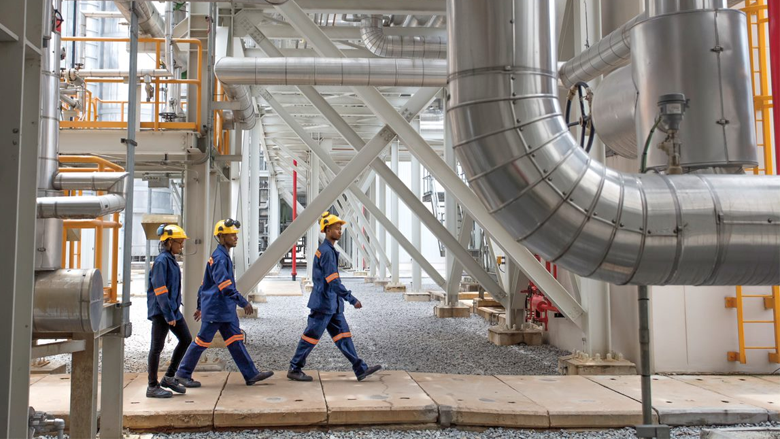West Africa has significant energy resources. The region accounts for about one-third of African gas and oil reserves and over 23,000 Megawatt (MW) of technically exploitable hydropower capacity. However, a key challenge has been distribution: the major sources of electricity supply are located far away from the main centers of consumption.
The West Africa Power Pool (WAPP) program was conceived to help address this problem. Doing so is a critical part of improving access to energy in a region where much of the population has relied on firewood and charcoal to meet their energy needs.
At the start of the WAPP program, Burkina Faso had one existing interconnection with Côte d’Ivoire. But there was potential to significantly boost supply from another neighbor—Ghana. In Ghana, electricity was produced from hydro and thermal plants. This relatively low-cost gas/hydro energy mix had the potential to feed into cross-border electricity exchanges across WAPP zones, bringing financial benefits to Ghana and much needed power to neighbors like Burkina Faso.
The first phase of the IDA-supported International Transmission Hub Project aimed to increase Ghana’s electricity export capacity, on the one hand, and reduce the cost of electricity supply to Burkina Faso, on the other. This was achieved through the development of a transmission line between Bolgatanga in Ghana and Ouagadougou in Burkina Faso.
“The interconnection will diversify the imports sources of energy to Burkina and have a major impact on the quality of service provided by Société Nationale d'électricité du Burkina Faso,” explains François De Salles Ouédraogo, General Director of Burkina Faso’s national electricity company.



